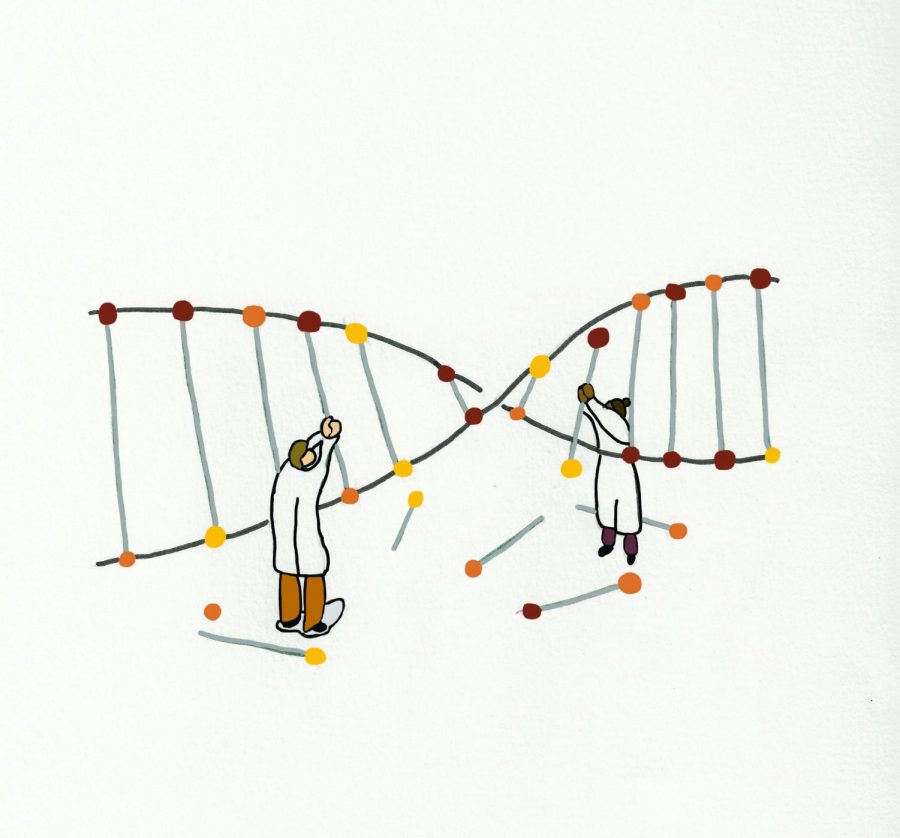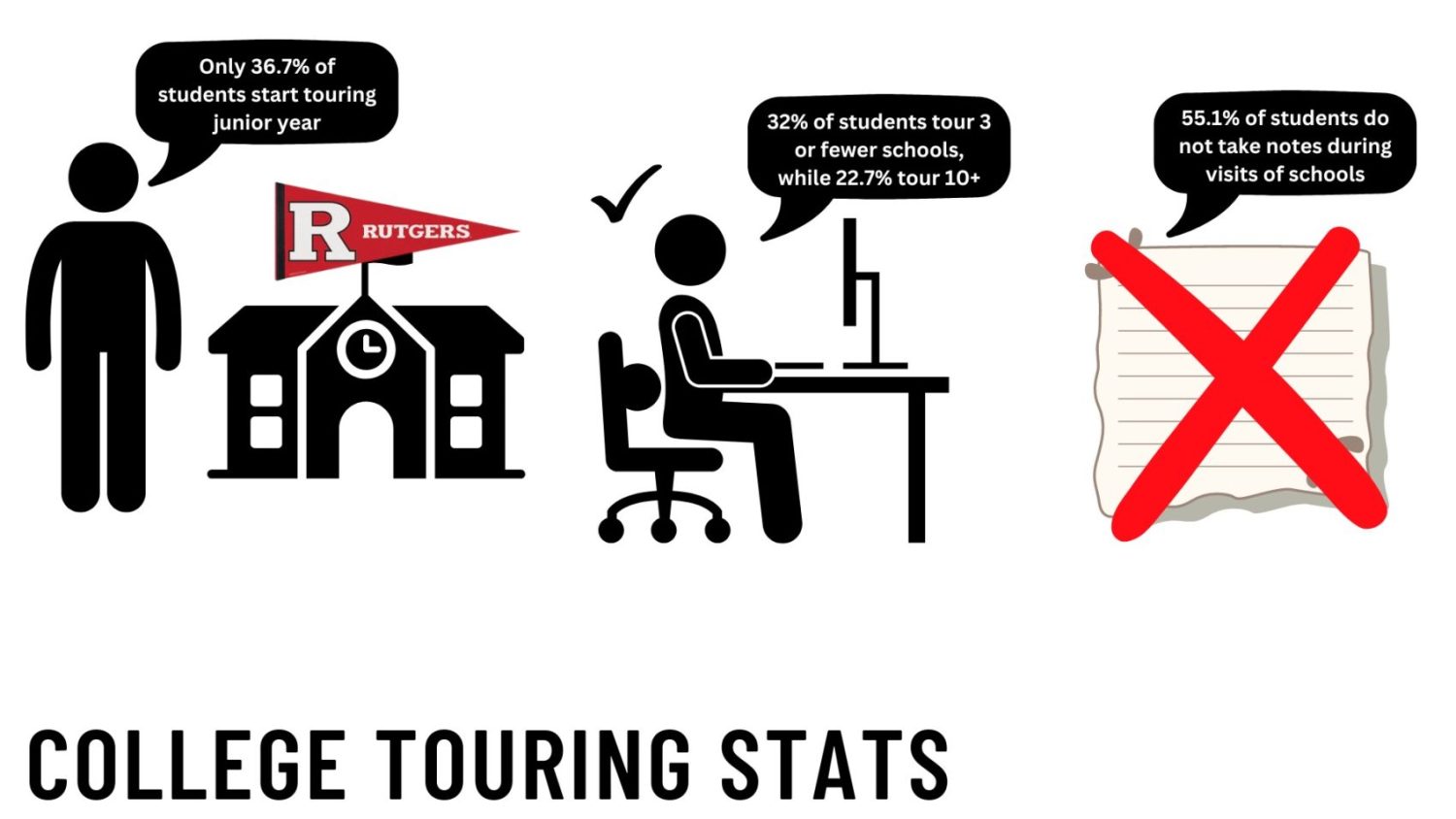In recent years, genetic engineering—alongside technology—has been steadily increasing. Dating back to the 1970s, humans genetically modified animals and plants to create genetically modified organisms, or GMO foods. Today, millions of babies are born through IVF, in-vitro fertilization, and are screened for diseases. In the last two years, clinical trials have taken off in regards to gene therapies.
Genetic engineering within plants and animals has proven to be a success. According to a study at Penn State, organisms who underwent modifications saw faster growth rates and longer life expectancies.
As for humans, the positive outcomes of such therapies are abundant: they can eliminate hundreds of diseases, such as sickle cell, decrease pain and anxiety, and increase intelligence. As a result, scientists theorize that such technology would on net increase humans’ happiness and productivity.
Though some argue that genetic modification may have ramifications due to the control it gives science over people, the law should certainly enforce and ensure that such technology is used for the sole benefit of humans, meaning that the positive effects would outweigh the harms for an individual. Moreover, humans may opt to avoid foods with GMOs in the event that they stand on the opposite end of the debate of genetic engineering as a whole. Regardless, there is undeniably overwhelming evidence that through such technology can eliminate some of the world’s most deadly diseases and save millions of lives—an opportunity undoubtedly worth consideration.
The field of genetic modification contains some of the most potential for advancement than any other scientific field at the moment. Though more research is indeed needed, genetic modification likely foreshadows a more promising and prosperous future for generations of people to come.




